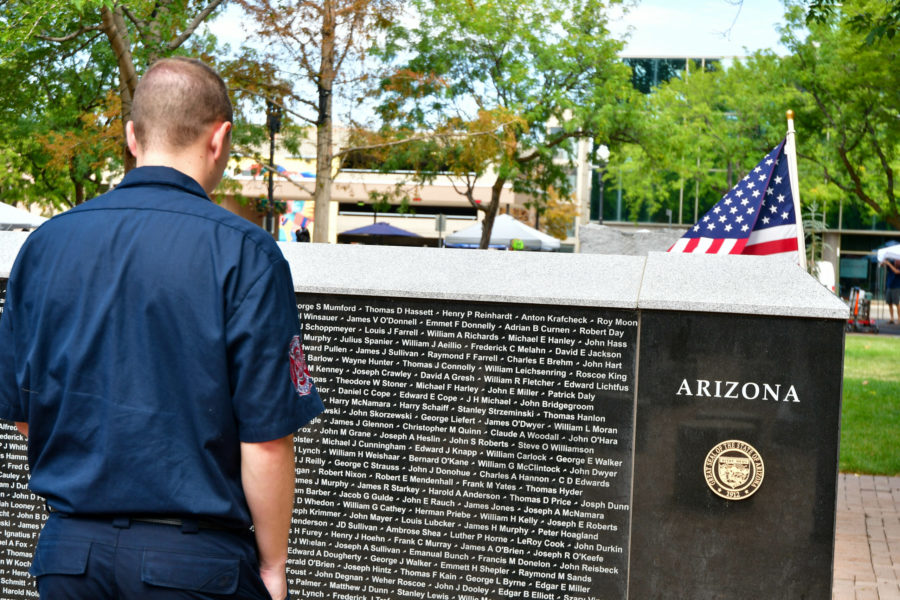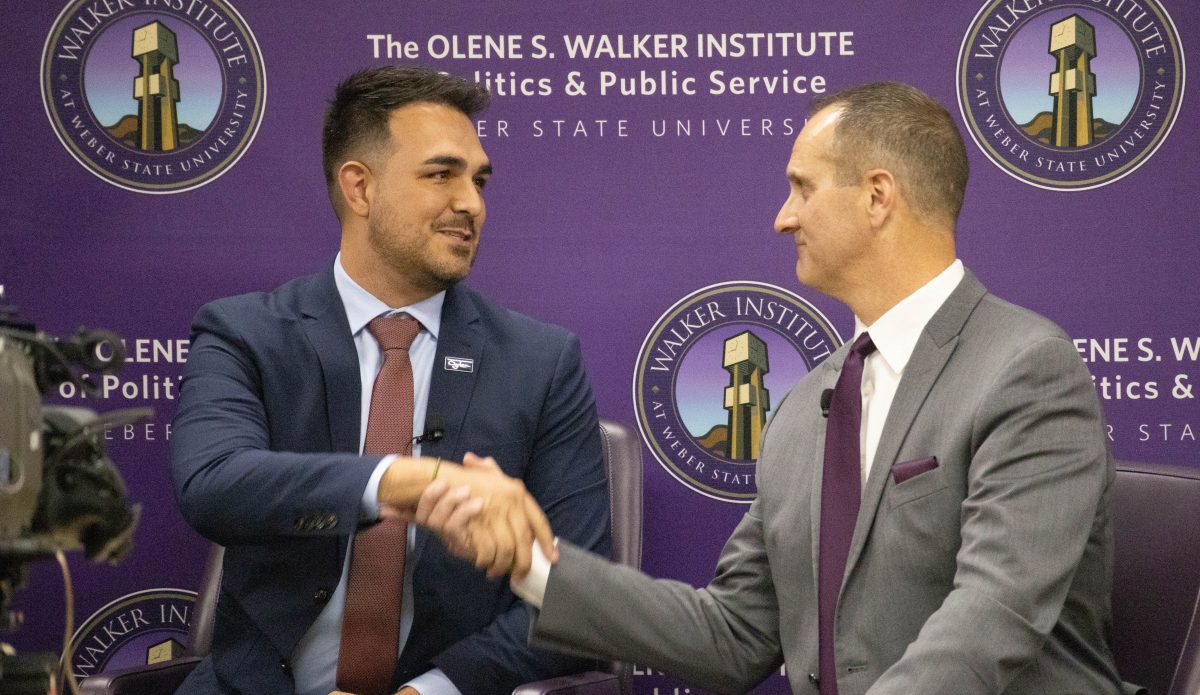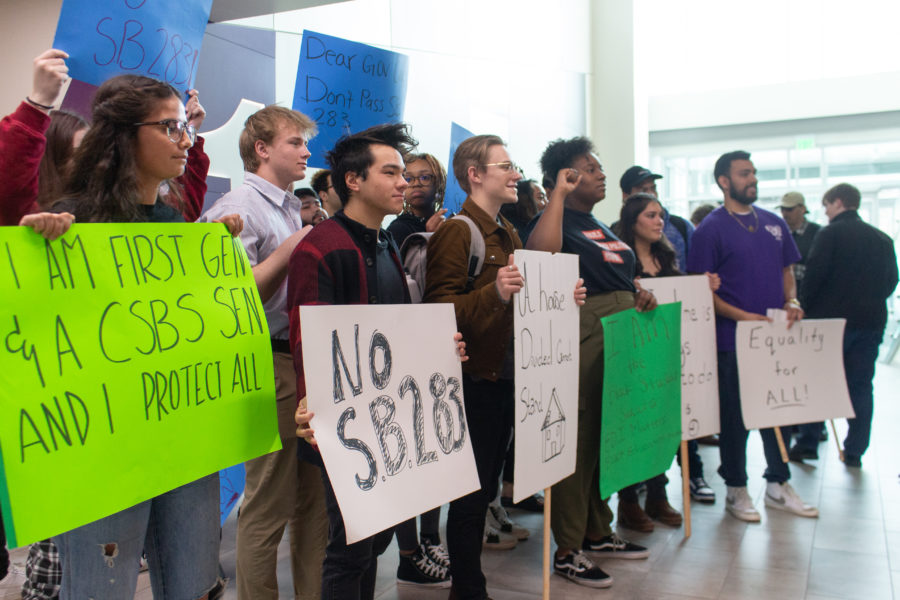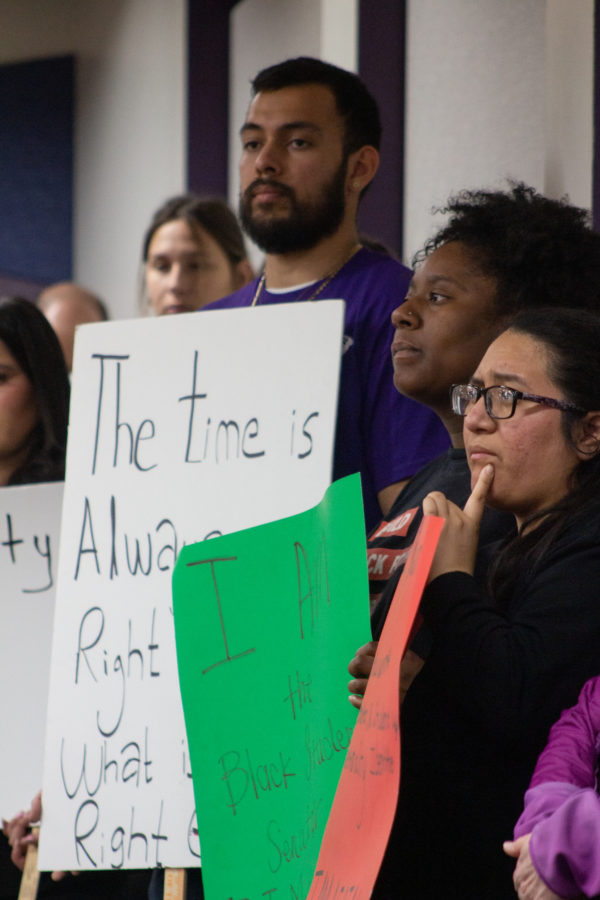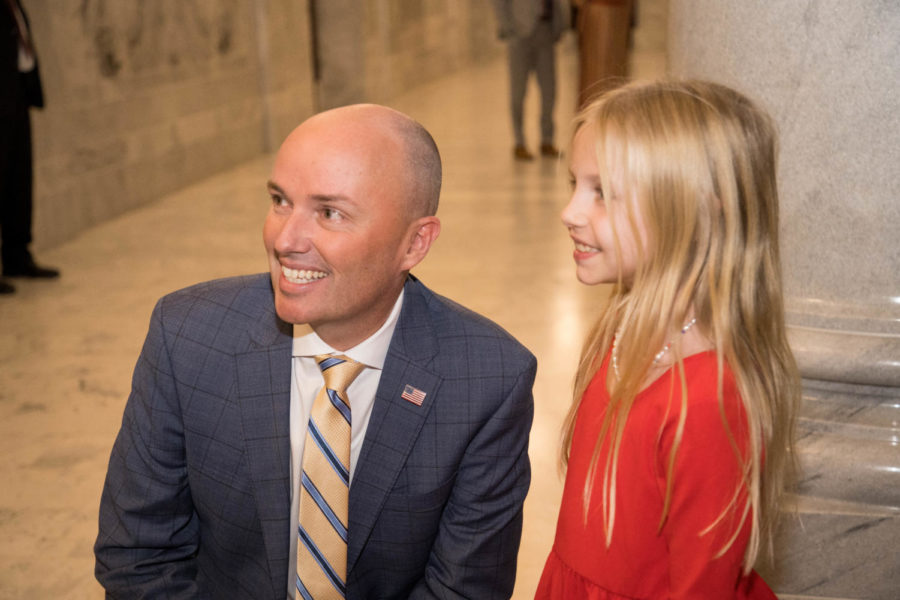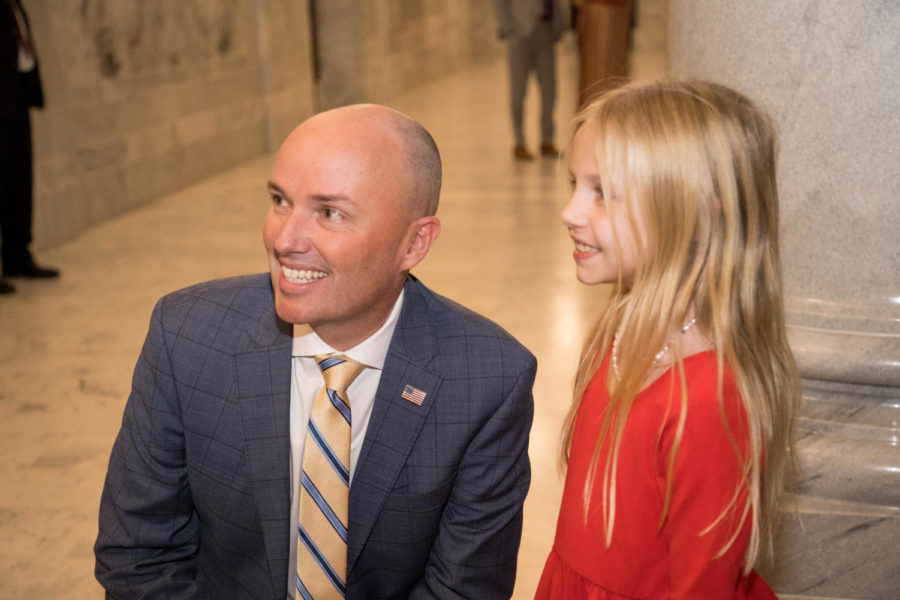 The United States Congress returned to Washington D.C. on Sept. 9 to begin deliberations on President Barack Obama’s proposed strike on Syria.
The United States Congress returned to Washington D.C. on Sept. 9 to begin deliberations on President Barack Obama’s proposed strike on Syria.
On Aug. 21, an agent loaded atop a small rocket was shot into the densely populated suburbs of Damascus, killing more than 1,400 people, including children, and has been identified as sarin gas by United States officials. The United Nation continues to investigate the attack, but their findings remain incomplete, although academic experts reported some of the warheads used contained 100 kilograms or more of sarin agent.
Obama continues to pressure Congress to concur with his decision to use military force to eliminate the threat of Syrian President Bashar al-Assad from using chemical warfare in the future.
Republican Utah Senator Mike Lee has said he plans to vote against the request for authorization that would involve the United States military in the issue with Syria.
“Any time someone is asking me to get our brave young men and women in uniform involved, any time someone is asking for my vote for my support in a military conflict, I approach that as a question that involves a ‘why’ rather than a ‘why not,'” said Lee, as to why he is against the request for a military strike. “I have to be convinced that this action is necessary and we’re to defend United States, in order to make the American people safer — in order to protect Americans from an otherwise unavoidable threat to our safety or security.”
Lee said he has not been convinced that the American people are in danger, nor the extent to which national security necessitates U.S. involvement in Syria.
“I think a strong argument can be made that this would make us less safe,” he said.
Syria has had a long and intense civil war going on. The rebel groups, which oppose the incumbent regime of al-Assad and his government, are not cohesive. Lee said it is possible many members of the rebel groups could be fairly friendly to the United States, but many of them are not. Many of them are linked to al-Qaida and other extremist groups.
On Sept. 5, The New York Times published “Brutality of Syrian rebels posing dilemma in West,” which had a video attached to it, showing rebel commander Abdul Samad Issa, also known as “the Uncle,” and multiple members of his group shooting seven government soldiers they captured in the head before throwing their bodies into a well. Issa blames the Alawites, a minority Islamic sect, for Syria’s suffering and promises its extermination.
The video was smuggled out of Syria in April from a former rebel.
Recent polls shown on The New York Times, published Sept. 5, show Senate with 24 supporting the strike, 47 undecided and 29 against. The House has 32 supporting the strike, 213 undecided and 181 against.
Americans seem to be on both sides as well. Weber State University senior Glenda Hoffman, a retired master sergeant from the Air Force, said she feels like she is two different people.
“The military side of me says yes, we should go in, because it is just wrong of the Syrian government to do that to its own people,” Hoffman said. “I just don’t think it’s right, but the civil, logical side of me thinks that we been engaged in different things for such a long time now that our resources are kind of depleted and we should just sit tight for a little while and just monitor it and not just go in and strike first.”
WSU sophomore Trae Chappell, an Army private first class, said he believes the U.S. should definitely go in to help the civilians.
“I would be OK going in there to support the civilians, but I feel like there is not enough evidence to send a whole military unit there to help them,” he said.
In Obama’s address to the nation yesterday evening, he said he still believes “it is in the national security interest of the United States to respond to the Assad regime’s use of chemical weapons through a targeted military strike to deter Assad from using chemical weapons and to degrade his regime’s ability to use them and to make clear to the world the United States will not tolerate their use.”
The United States will work better if Americans work together, Obama said.
“I know that after the terrible toll of Iraq and Afghanistan, the idea of any military action, no matter how limited, is not going to be popular,” he said. “After all, I’ve spent four years working to end wars, not to start them. Our troops are out of Iraq. Our troops are coming home from Afghanistan, and I know Americans want all of us in Washington, especially me, to concentrate on the task of building our nation here at home.”
Obama is working with Russia’s President Vladimir Putin, one of Assad’s closest allies, to dismantle Assad’s chemical weapons program and push Assad to give up his chemical weapons to be destroyed under international control.
Obama said he is asking the leader of Congress to postpone a vote to authorize the use of force while the United States, along with Russia, France and the United Kingdom pursues this diplomatic path.
“Our ideals and principles as well as our national security are at stake in Syria,” Obama said. “Along with our leadership of a world, we seek to ensure the worst weapons will never be used. America is not the world’s policeman. Terrible things happen across the globe, and it is beyond our means to right every wrong. But when, with modest effort and risk, we can stop children from being gassed to death and thereby make our own children safer for the long run, I believe we should act. That’s what makes America different. That’s what makes America exceptional.”



